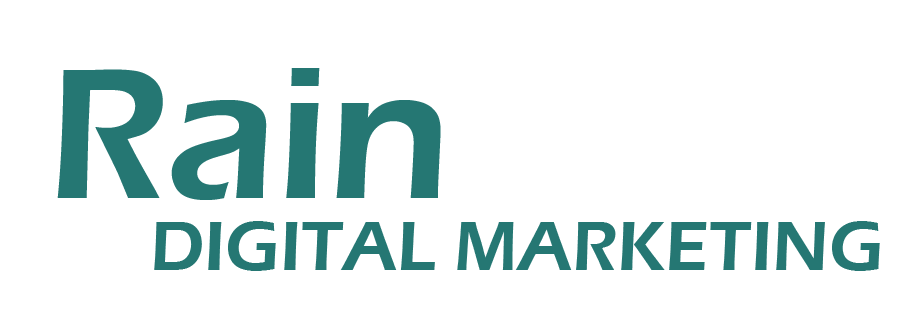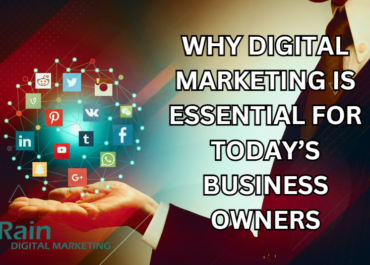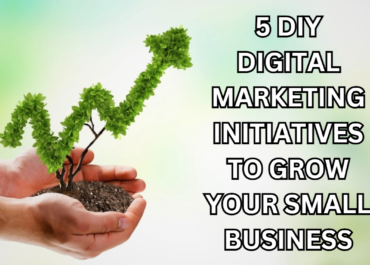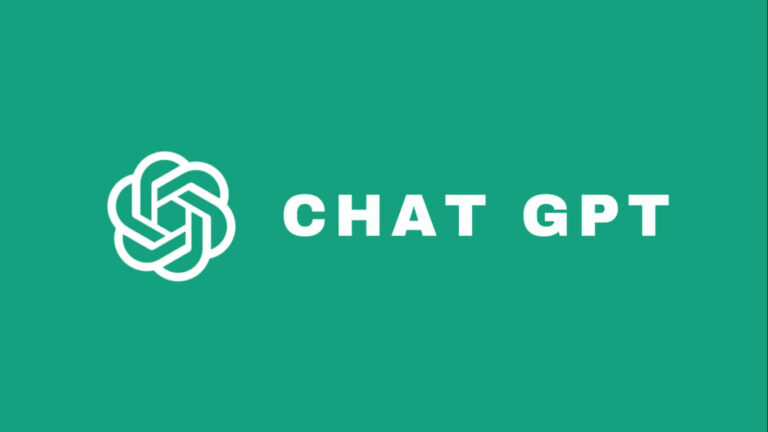Unveiling the Impact of Chat GPT on Marketing Analytics
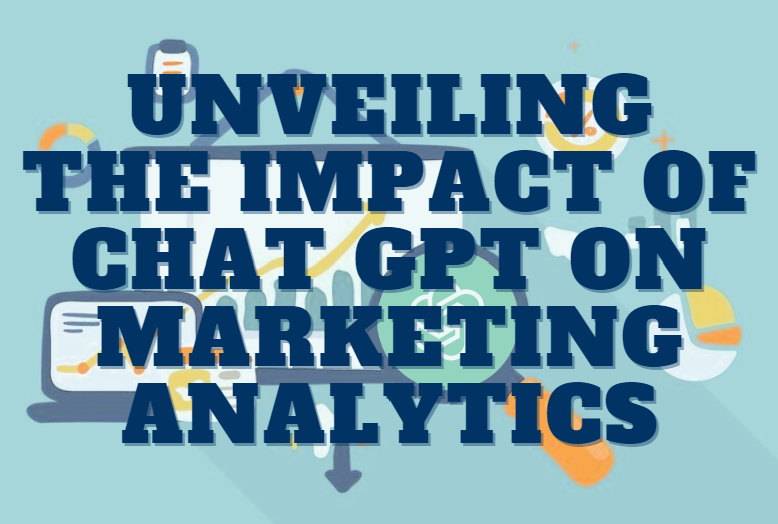
In the dynamic realm of digital marketing, the emergence of artificial intelligence (AI) technologies has revolutionized the way businesses engage with customers and analyze market trends.
Among these cutting-edge tools stands Chat GPT, a sophisticated language model renowned for its ability to generate human-like text responses and extract insights from vast datasets.
However, as businesses embrace Chat GPT to bolster their marketing strategies, questions arise regarding how its data-pulling capabilities may influence marketing analytics.
This article delves into the nuances of Chat GPT’s data sourcing from websites and its potential implications on marketing analytics, highlighting both the opportunities it presents and the challenges it poses.
Understanding Chat GPT
Chat GPT, based on OpenAI’s GPT-3.5 architecture, is an advanced language model capable of generating human-like text responses.
It uses machine learning algorithms to analyze vast amounts of data and generate contextually relevant and coherent responses in natural language, gathering relevant information by analyzing publicly available data from various sources, including websites, forums, and social media platforms.
This data can include customer queries, product information, market trends, and more.
… And while perhaps convenient, this process does not require users to actually visit a company’s website directly, allowing Chat GPT to access a vast array of information and generate insights without direct user interaction, potentially skewing any company’s marketing analytics if not managed correctly.
Potential Issues:
- Data Bias: Chat GPT’s data sourcing may inadvertently introduce bias into marketing analytics. For example, if the model predominantly interacts with certain types of customers or content, it may reflect a skewed perspective of market preferences and behaviors.
- Data Quality: The accuracy and reliability of data pulled by Chat GPT can vary depending on the sources and algorithms used. Inaccurate or outdated data can lead to erroneous conclusions and ineffective marketing strategies.
- Privacy Concerns: Data privacy is a critical consideration when utilizing AI technologies. Chat GPT must adhere to data protection regulations to ensure customer information is handled responsibly and ethically.
Mitigating Risks and Maximizing Benefits
Digital marketers can take several strategic steps to address and mitigate the potential analytics challenges posed by Chat GPT’s data-pulling capabilities.
- Firstly, it’s crucial to diversify data sources beyond Chat GPT’s inputs. This can include leveraging data from CRM systems, social media platforms, web analytics tools, and customer feedback channels. By incorporating a wide range of data sources, marketers can reduce the risk of bias and gain a more comprehensive understanding of customer behaviors and market trends.
- Secondly, implementing robust data validation processes is essential. This involves verifying the accuracy, relevance, and consistency of data collected from various sources, including Chat GPT. Regular audits, data cleansing procedures, and validation checks can help ensure that the insights derived from AI-driven analyses are reliable and actionable.
- Additionally, digital marketers should prioritize data privacy and security when using AI technologies like Chat GPT. Adhering to data protection regulations such as GDPR and CCPA is not only a legal requirement but also crucial for building trust with customers. Marketers should implement strict access controls, data encryption measures, and anonymization techniques to safeguard sensitive information.
- Finally, fostering transparency and collaboration within the organization is key. Marketers should educate stakeholders about the methodologies and algorithms used in AI-driven analytics, providing clear explanations of how data influences marketing strategies. Cross-functional collaboration between marketing teams, data scientists, and IT professionals can help identify potential analytics challenges early on and develop effective solutions.
Ultimately, by adopting a holistic approach that emphasizes data diversity, validation, privacy compliance, transparency, and collaboration, digital marketers can effectively combat the analytics problem presented by Chat GPT and harness its potential for driving impactful marketing insights and strategies.
Embracing the Future…
The disruption caused by Chat GPT’s data-pulling capabilities in marketing analytics is definitely a game changer to the industry but should not necessarily be viewed solely as a negative development.
… In fact, this disruption can be seen as a catalyst for innovation and growth within the digital marketing landscape.
By harnessing the power of AI to extract insights from diverse data sources, businesses can uncover hidden trends, identify untapped opportunities, and gain a deeper understanding of customer behaviors.
This enhanced analytical capacity enables businesses to make more informed decisions, optimize marketing strategies, and ultimately improve customer experiences.
Furthermore, the integration of Chat GPT into marketing analytics signifies a shift towards more efficient and agile marketing practices.
Rather than relying solely on traditional methods of data analysis, businesses can leverage AI-driven technologies to automate repetitive tasks, streamline workflows, and respond swiftly to changing market dynamics.
This agility not only enhances operational efficiency but also empowers businesses to stay ahead of competitors and adapt to evolving consumer preferences with greater agility and precision.
Thus, while disruption may initially pose challenges, embracing innovative technologies like Chat GPT ultimately paves the way for a more resilient and adaptive marketing ecosystem.
The Wrap Up
As today’s businesses continue to work to navigate the ever-evolving landscape of digital marketing, the role of AI technologies like Chat GPT continues to grow in significance.
While Chat GPT’s ability to pull data from websites offers immense potential for enhancing marketing analytics, it also necessitates careful consideration and management to mitigate risks.
By leveraging diverse data sources, implementing robust validation processes, ensuring privacy compliance, promoting algorithm transparency, and incorporating human oversight, businesses can harness the full power of Chat GPT while safeguarding the integrity of their marketing analytics.
As we embrace the transformative capabilities of AI, it is crucial to strike a balance between innovation and responsibility, ensuring that technology serves as a catalyst for informed decision-making and sustainable business growth in the digital age.
Chat GPT represents not just a tool but a pathway to a future where data-driven insights drive meaningful customer engagements and drive business success.
P.S. Are you interested in learning more ways today’s technologies can drive better results for you and your business?
If so, we encourage you to reach out to Rain Digital today!
Our years of marketing experience and industry know-how is a great foundation for you to build your marketing campaign upon.
… And with our drive to continue to embrace the developments that continue to present themselves to our industry in the digital age, you can be sure – with Rain Digital by your side – you’ll always be on the cutting edge, ready to take on whatever marketing challenges the future may have in store.
